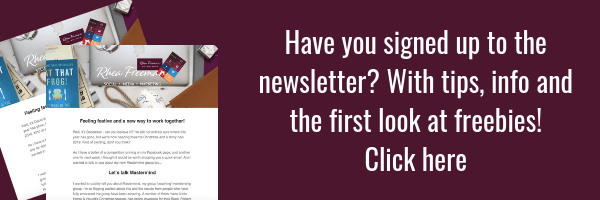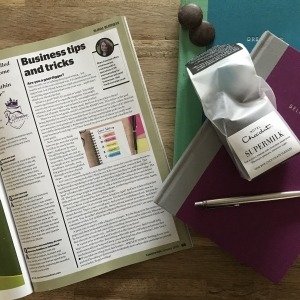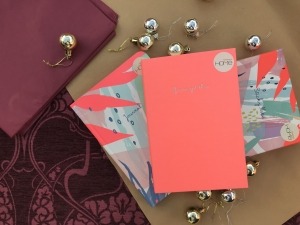
Today it’s all about goals – well, more precisely goal setting for your small business. It might be a few days since the bells welcomed the New Year, but the good thing is that goals are a bit different to resolutions. Resolutions generally kick in on 1st January and, for many, don’t last all that long. In more recent years, I’ve ditched resolutions. I tend to feel that resolutions are about taking something way. Maybe you want to eat less chocolate? Drink less alcohol? Do you see what I mean? The problem is that when you have a cube of Dairy Milk you can feel like a failure and that can knock you off course. Goals, well, to me, are different. Goals are what I like to focus on.
Goal setting for your small business
The good thing about goals is that they sit well in personal and professional life. It would feel a bit odd to have a resolution for your business, wouldn’t it? But a goal? That makes perfect sense.
The thing with goals is that there’s a bit of a knack to setting them. Well, maybe not a knack as such, but a way to increase your chances of success. Which is the whole reason we’re setting goals- to succeed in areas of our lives- isn’t t? So here are five tips on goal setting that I’ve gathered…
Goal setting for your small business…
Write it down. So flipping simple. But SO effective. I don’t know if you’re like me, but I have this crazy idea that I can remember everything. And I really, really cant. I can remember an impressive amount of things – not where my car keys are, or to order birthday cards on time: I can’t remember everything. And goals are something that get forgotten. But it’s not just for those who have a lot on their plate, there’s been a lot of research done that supports the theory that writing a goal down makes there a much greater chance you’ll achieve it. Simple, hey.
Be specific. If you want to grow your Instagram following – what’s the number you’re aiming at? Want to grow sales? By how much? Want to stock new brands in your tack shop? Which ones? See what I mean? If you have a specific goal, you can measure your success against it. Don’t use it as a thing to beat yourself around the head with. If you say, for example ‘grow my Facebook page’ and you grow it by one, you’ve technically achieved your goal, haven’t you? But I would imagine that’s not quite what you were thinking… so how do you know you’ve achieved what you wanted to achieve if you don’t know what it is?
Break it down. Have achievable steps. Set big, brave goals- by all means – but then break it down into small steps with mini goals, and create the plan around it. So if you want to make HUGE sales as part of a three year plan, break it down into yearly, monthly, weekly if you like, and they create a plan to get there.
Put a time limit in there. Connected to being specific, you want to also add a time in there. If you have a goal to do something by some undefined point in the future, you might find that your goal never really comes true.
Accept that you might not know how to get to your end goal. But you do know how to take the first step. I know this is hardly the SMART goal setting method, but this bit is really, really important. I do love a grand plan, but grand plans are kind of pointless if you don’t actually get on with them at some point. Even if you feel overwhelmed by the goal you’ve set, just start. Do something small. You know how to get this started. Want to improve your videos on social media? Watch a YouTube video about it. Want to grow your mailing list? Google it to get some top tips from the professionals. And that, my friend, that potentially small, simple action, will help propel you forward to achieving what you want to.
I really hope that’s inspired you to give goal setting for your small business a go – I promise you it’s not difficult and it can be really, really effective.



